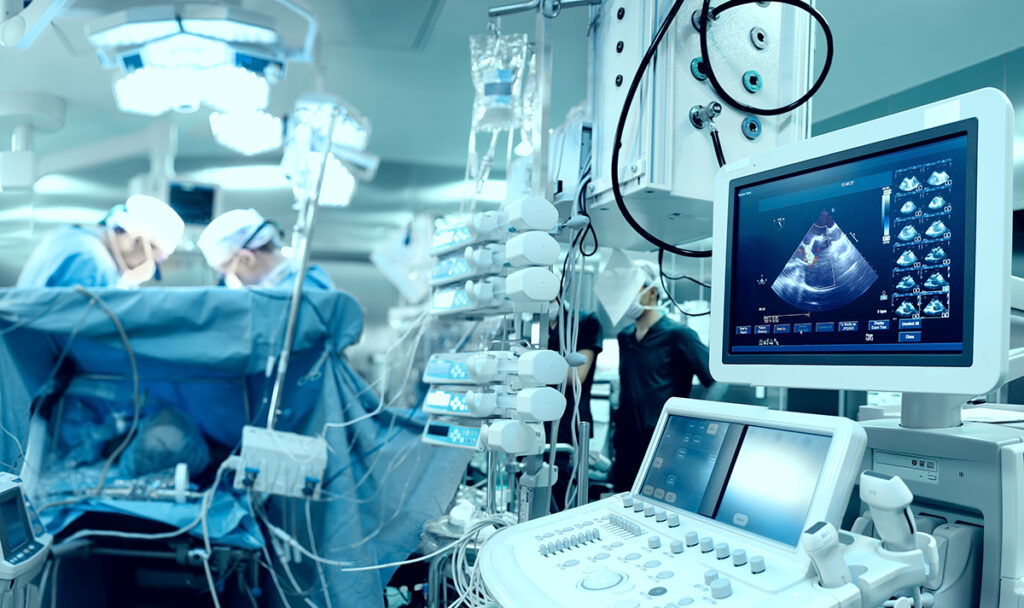A new device, known as the surgical ‘black box,’ has the potential to reduce harmful errors made by surgeons in operating rooms.
Surgical errors endanger the lives of patients in Maryland and throughout the country every year. According to research from Johns Hopkins University, surgical errors, or events that should never happen during an operation, occur at least 4,000 times in the U.S. on an annual basis. While errors made in operating rooms are prevalent, a new technological device, known as the surgical ‘black box,’ has the potential to reduce surgical mistakes.
How The ‘Black Box’ Works
According to CNN, when this new device is in use, inside of the operating room, the movements of surgeons are tracked by video cameras. Outside of the operating room, the recordings are analyzed by a small, computer-like device that provides feedback to surgeons instantly as they operate on a patient. This surgical device gives surgeons the ability to identify what went wrong and why and will eventually be used to assess:
When surgeons start to deviate from standard procedures
How delicately surgeons handle organs and how they stitch up patients
How surgeons communicate with nurses in the operating room during periods of elevated stress
When surgeons start to use techniques that are more likely to result in complications for their patient
During his initial research, the medical professional responsible for developing this device found that surgeons make approximately 20 errors during every surgery they perform, regardless of how experienced they are. Although this device may be able to prevent this form of medical malpractice, some are opposed to its implementation in operating rooms for several reasons. For example, some think that if the use of this technology was required, surgeons would become nervous about operating and end up harming patients anyway.
The Device’s Future
At this point, CNN states that this device has been used in approximately 40 operations for laparoscopic weight loss surgery. In the future, the black box will be tested in hospitals in Denmark, certain areas in South America and Canada. There are also talks occurring about its introduction in American hospitals.
If hospitals in the U.S. decide to use this technology, it could be implemented in operating rooms quickly. This is because the surgical black box isn’t a medical device, preventing it from needing to gain approval from the Food and Drug Administration.
Surgical Errors Continue To Occur
Despite the development of this new device, many patients in Maryland and throughout the country are still harmed financially, emotionally and physically when a medical professional makes a mistake during surgery. If you received negligent care from a healthcare provider, speak with an attorney in your area to find out what compensation may be available to you.



